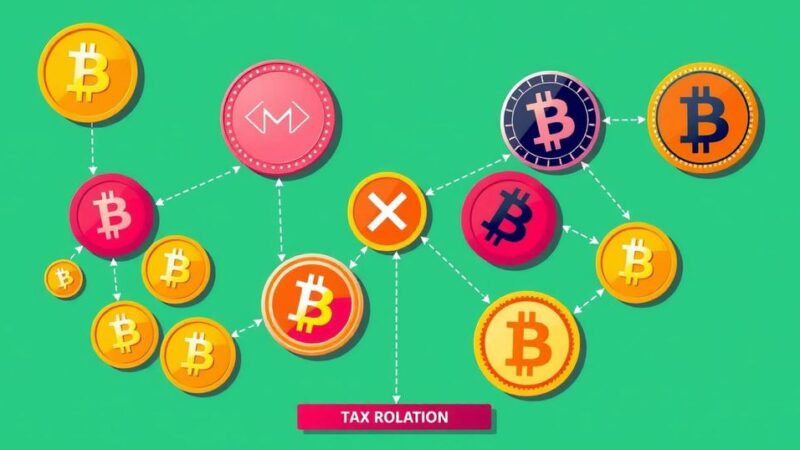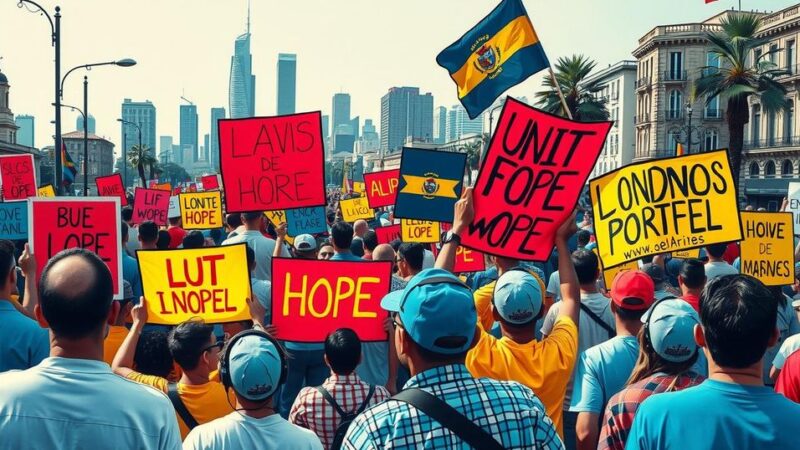Bolivia’s YPFB plans to use cryptocurrency for energy imports due to a dollar shortage, amid ongoing fuel crises leading to protests. This initiative reflects a broader trend in Latin America, highlighted by Venezuela’s previous experiences with the petro cryptocurrency, which ultimately failed due to trust issues and governmental mismanagement.
Bolivia’s state energy company, Yacimientos Petrolíferos Fiscales Bolivianos (YPFB), has decided to utilize cryptocurrency for energy import payments amid a critical dollar shortage. This shortage has exacerbated an ongoing fuel crisis, driven by diminished natural gas exports, which has subsequently incited protests throughout the nation. A spokesperson from YPFB stated, “From now on, these (cryptocurrency) transactions will be carried out,” signaling a significant shift in the country’s economic strategy.
Bolivia is not alone in exploring cryptocurrency for energy transactions; Venezuela previously attempted this with its petro cryptocurrency. Initiated six years ago under President Nicolás Maduro amid sanctions from the United States, the petro was touted as a means to “allow new forms of international financing.” The Venezuelan government aimed to issue 100 million petro tokens, backed by the nation’s extensive oil reserves, although this initiative faced skepticism from the Venezuelan parliament regarding its legality.
The petro cryptocurrency was ultimately tarnished by a lack of trust as the Maduro government struggled to uphold its promise of reserve backing. By January 2024, the cryptocurrency faced collapse, compounded by poor adoption rates and corruption scandals. PDVSA officials were implicated in selling crude shipments and receiving cryptocurrency payments that were unaccounted for in the national treasury, leading to significant arrests.
After revelations of mismanagement, Venezuela’s national cryptocurrency watchdog, Sunacrip, was required to undergo restructuring. Additionally, the National Power Ministry began seizing thousands of cryptocurrency mining machines in 2023 to address ongoing electricity shortages, further complicating the blockchain landscape in the country. The future of cryptocurrencies in Latin America remains uncertain as historical precedents highlight the potential pitfalls of such ventures.
Bolivia’s foray into cryptocurrency payments for energy imports emerges from a dire economic situation, marked by a dollar shortage and fuel crises. This action mirrors Venezuela’s past attempts to leverage crypto, highlighting the complexities and challenges associated with adopting digital currencies under strained economic conditions. Observations from Venezuela’s experience emphasize the need for transparency, regulation, and public trust in cryptocurrency initiatives.
Original Source: oilprice.com






